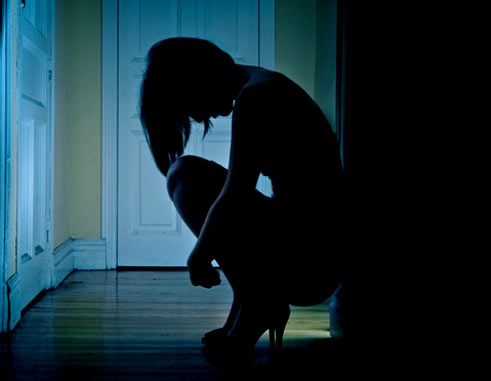THE Caribbean Committee Against Sex Crimes, an initiative of the Zandoli International Foundation, is calling on all Caribbean governments to do what is necessary to ensure that their citizens get proper victim support for all categories of crime, especially sex crimes.
It has come to the attention of the Caribbean Committee Against Sex Crimes team that regionally many of the NGOs that support victims of sex crime throughout the Caribbean are underfunded and understaffed.
Furthermore, our contacts on the ground in Dominica report that there is no rape trauma counselling centre on the entire island. This news is especially troubling as without proper counselling, a victim of sex crime may never recover from their abuse.
We would like to highlight the fundamental importance of counselling for victims of sex crimes and the work that rape crisis centres do. The entire society reaps the benefits of spending money to support victims of sex crime.
According to U.N. statistics from 2015, the Caribbean has among the highest rates of sexual violence in the world. Victims of sexual violence suffer severe consequences: 30% of rape victims have had a major depressive episode, 13% of rape victims have attempted suicide at a rate 13 times higher than non-rape victims. (Kilpatrick et al., 1992)
Victim support and counselling are vital functions that are often underestimated and underappreciated in our societies. When a victim of rape or a child who is sexually violated seeks help, it is the counsellor who is the first point of contact. Counsellors also have to assist and help that person get to a place of recovery and healing through specialized techniques.
Victims need medical, forensic and psycho-social care following their trauma. Victim support is essential in aiding people in reporting crime and bringing perpetrators to justice. Victims of sex crimes especially rarely report crimes out of fear or shame. In the case of child sexual abuse, the problem is compounded by their dependence on an adult to take them to the police station to make a report.
Victim support is what bridges the gap between the trauma of the crime and making the report to the police. Often, due to trauma, victims cannot give the police a coherent story to work with in order to make a report and lay charges against perpetrators of sex crimes.
Furthermore, many victims may be too fragile to endure the rigours of the court process. Continuous victim support is, therefore, essential in allowing victims a fighting chance at trial and thereby increasing the conviction rate.
In the article, Rape Treatment Outcome Research: Empirical Findings and State of the Literature, (Katrina A. Vickerman, M. A.a Gayla Margolin, Ph.D), a review of empirical support for treatments targeting women who were sexually assaulted was done. Thirty-two articles were located using data from 20 samples. The study concluded that particular forms of therapy resulted in reduced levels of post-traumatic stress and depression among survivors of rape.
We at the Caribbean Committee Against Sex Crimes urge all governments to ensure that rape crisis counselling is freely available to their citizens. This is so fundamental that we believe it ought to be enshrined as a human right in international law.














